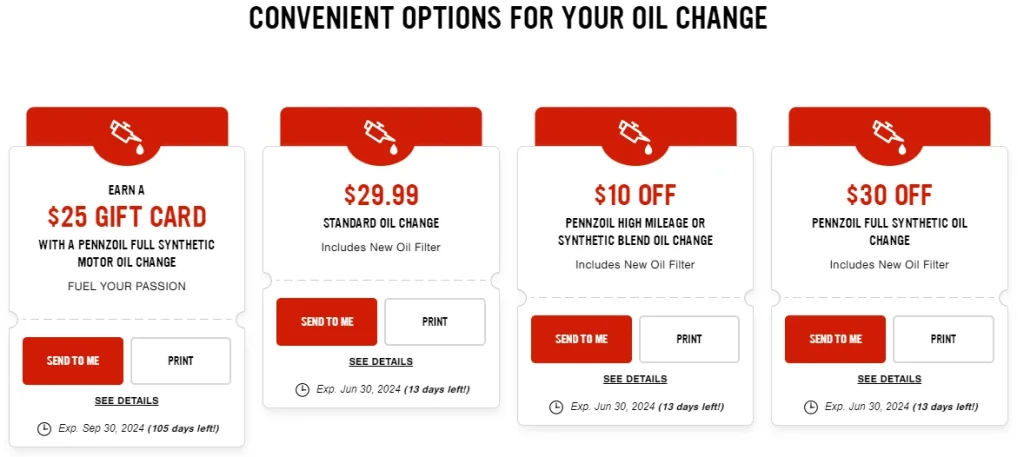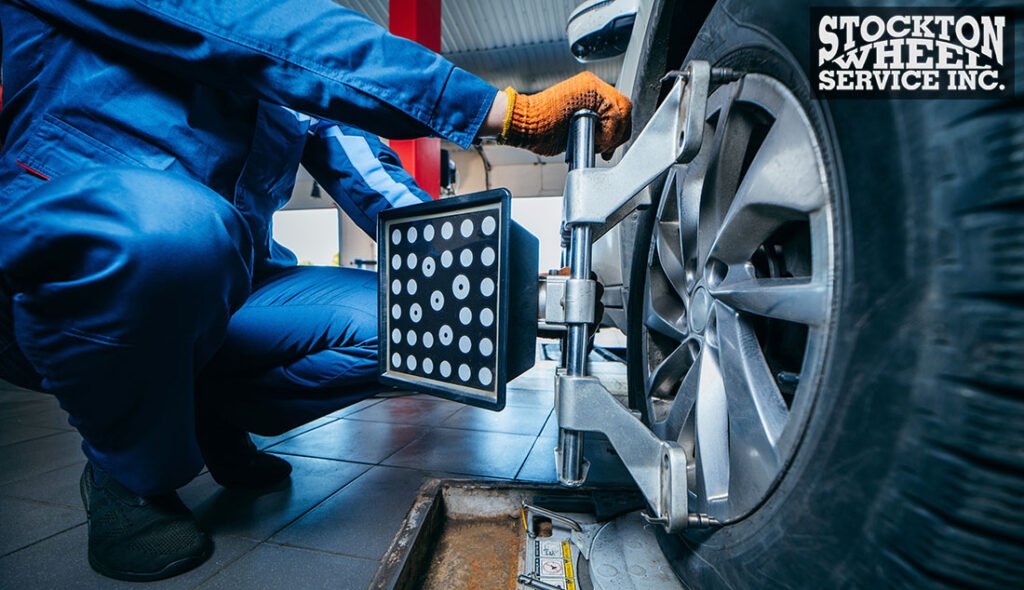When it comes to vehicle maintenance, regular oil changes are essential to ensure your car runs smoothly and efficiently. Among the many auto service providers available, Firestone is one of the most well-known names in the industry. They offer a variety of automotive services, including oil changes, which are important for maintaining engine performance and longevity. If you’re looking to get your oil changed at Firestone, understanding the Firestone oil change price is crucial for budgeting and ensuring you’re getting the best service for your money. In this article, we will explore the factors that affect Firestone oil change pricing, what services are included in their oil change packages, and what you can expect in terms of quality and customer service.
Firestone Oil Change Services
Firestone offers different types of oil change services designed to meet various vehicle needs. They cater to both conventional oil and synthetic oil changes. Knowing the type of oil your vehicle requires is essential when seeking an oil change at Firestone, as the price will vary depending on the type of oil used.
Types of Oil Changes at Firestone
- Conventional Oil Change: Conventional oil is a more basic option, and it’s typically less expensive. It’s suitable for older cars or vehicles with simpler engines. Firestone provides oil changes with high-quality conventional oil at an affordable price.
- Synthetic Oil Change: Synthetic oil provides better protection for newer and high-performance engines. It is more expensive than conventional oil but lasts longer and offers better overall engine protection. If your car requires synthetic oil, Firestone will use premium-grade synthetic oil to ensure optimal performance.
- High-Mileage Oil Change: Firestone also offers high-mileage oil changes designed for vehicles with over 75,000 miles on the odometer. This oil contains additives that help reduce oil consumption, prevent leaks, and improve engine performance in older vehicles.
- Synthetic Blend Oil Change: As the name suggests, synthetic blend oil is a combination of conventional oil and synthetic oil. It offers some of the benefits of synthetic oil, such as better performance and protection, but at a lower price point than full synthetic oil.
Firestone Oil Change Price Breakdown
The cost of an oil change at Firestone can vary based on a number of factors, including the type of oil required for your vehicle, the location of the service center, and any promotions or discounts that may be available at the time. Below is a general guide to Firestone oil change prices for different oil types:
- Conventional Oil Change: The price for a conventional oil change at Firestone typically ranges from $30 to $40. This is the most affordable option for vehicles that don’t require synthetic oil.
- Synthetic Oil Change: If your car requires synthetic oil, expect to pay anywhere from $60 to $80 for an oil change. The higher price reflects the superior quality of synthetic oil and the benefits it provides for your engine.
- Synthetic Blend Oil Change: Synthetic blend oil changes are typically priced between $45 and $55. This is a mid-range option for vehicles that require more than conventional oil but don’t necessarily need full synthetic oil.
- High-Mileage Oil Change: High-mileage oil changes can range from $50 to $70, depending on the specific services included and the oil used. This service is designed to help older engines run more smoothly and efficiently.
Keep in mind that these prices are approximate and can vary depending on your location, the specific Firestone service center, and any special offers or discounts they may be offering at the time. It’s always a good idea to check with your local Firestone center to get the most accurate price quote for your oil change.
What’s Included in a Firestone Oil Change?
When you get an oil change at Firestone, you’re not just paying for the oil itself. Their oil change packages typically include a comprehensive set of services that help maintain your vehicle’s overall health. Here’s what you can expect during your Firestone oil change:
- Oil Drain and Refill: The old, dirty oil will be drained, and the appropriate amount of fresh oil will be added to your engine.
- Oil Filter Replacement: The oil filter is replaced with a new one. A fresh filter ensures that your oil stays clean and helps prevent contaminants from circulating through your engine.
- Fluid Level Check: The technician will check your vehicle’s other fluid levels (such as coolant, brake fluid, transmission fluid) and top them off if necessary.
- Tire Rotation: Firestone may include a tire rotation in their oil change packages, helping to ensure even tire wear and extend the life of your tires. This may vary based on the location and the specific oil change service you select.
- Visual Inspection: Firestone technicians will perform a visual inspection of the engine, belts, hoses, and other important parts of your vehicle to ensure everything is in good working order.
- Free 19-Point Inspection: In some cases, Firestone offers a free 19-point inspection with their oil changes, where they check important components like brakes, battery, exhaust, lights, and wipers.
These additional services make Firestone’s oil change more than just an oil swap, providing you with peace of mind knowing your vehicle is being thoroughly checked.
Factors That Affect Firestone Oil Change Prices
Several factors can influence the final cost of your oil change at Firestone, including:
- Type of Oil: As mentioned earlier, the type of oil used is a major factor in determining the price. Conventional oil is cheaper, while synthetic and high-mileage oils are more expensive.
- Location: Prices can vary depending on the geographic location of the Firestone service center. Urban areas may have slightly higher prices compared to rural locations due to operating costs and demand.
- Vehicle Make and Model: Some vehicles, particularly high-performance or luxury cars, may require specialized oils or additional labor, which could increase the price of the oil change.
- Promotions and Discounts: Firestone frequently offers discounts or promotions, especially during specific times of the year. You can often find coupons or special deals for oil changes through their website or by subscribing to their email newsletter.
- Service Package: The level of service you choose can also impact the price. While basic oil changes may cost less, full-service oil changes that include additional maintenance checks or tire rotations will be more expensive.
Firestone Oil Change vs. Competitors: Is It Worth It?
Firestone is well-regarded for its quality service and comprehensive oil change packages, but how does its pricing compare to other auto service providers? While prices may be slightly higher than smaller, independent shops, Firestone offers a number of additional benefits, including:
- Warranty: Firestone often provides warranties for its oil change services, giving you added security and peace of mind.
- Convenience: With numerous locations across the country, it’s easy to find a Firestone service center near you, making oil changes a convenient option for many drivers.
- Customer Service: Firestone is known for its strong customer service, with well-trained technicians who can answer your questions and provide you with helpful advice.
If you’re looking for a reliable and reputable service center for your oil change, Firestone is a solid option, especially if you value additional services like tire rotations and multi-point inspections.
FAQs About Firestone Oil Change Prices
1. How much does Firestone charge for a conventional oil change?
Firestone’s conventional oil change typically costs between $30 and $40, depending on the location and any ongoing promotions.
2. Does Firestone offer synthetic oil changes?
Yes, Firestone offers synthetic oil changes, which are priced between $60 and $80, depending on the vehicle and location.
3. What is included in a Firestone oil change?
A typical Firestone oil change includes oil drain and refill, oil filter replacement, fluid level check, tire rotation (if applicable), and a visual inspection of key vehicle components.
4. Are there any discounts for oil changes at Firestone?
Firestone often offers discounts through their website or email promotions. It’s a good idea to check for coupons or specials before scheduling your oil change.
5. How often should I get an oil change at Firestone?
Typically, oil changes should be done every 3,000 to 7,500 miles, depending on the type of oil used and your vehicle’s manufacturer recommendations.
6. Does Firestone offer high-mileage oil changes?
Yes, Firestone offers high-mileage oil changes for vehicles with over 75,000 miles. These oil changes help maintain older engines and improve performance.
7. Is Firestone’s oil change price competitive?
Firestone’s pricing is competitive with other major service providers. While it may be slightly higher than smaller independent shops, Firestone offers additional services and convenience that may justify the cost.
Conclusion
When considering your next oil change, Firestone is a reliable option for ensuring your car remains in top working condition. The price for a Firestone oil change varies depending on the type of oil you choose and the services provided, but overall, their prices are reasonable for the quality of service they offer. Whether you need a basic conventional oil change or a more specialized synthetic or high-mileage oil change, Firestone has you covered. With additional perks like tire rotations, fluid checks, and multi-point inspections, Firestone offers excellent value for those looking to keep their vehicle running smoothly for years to come.



